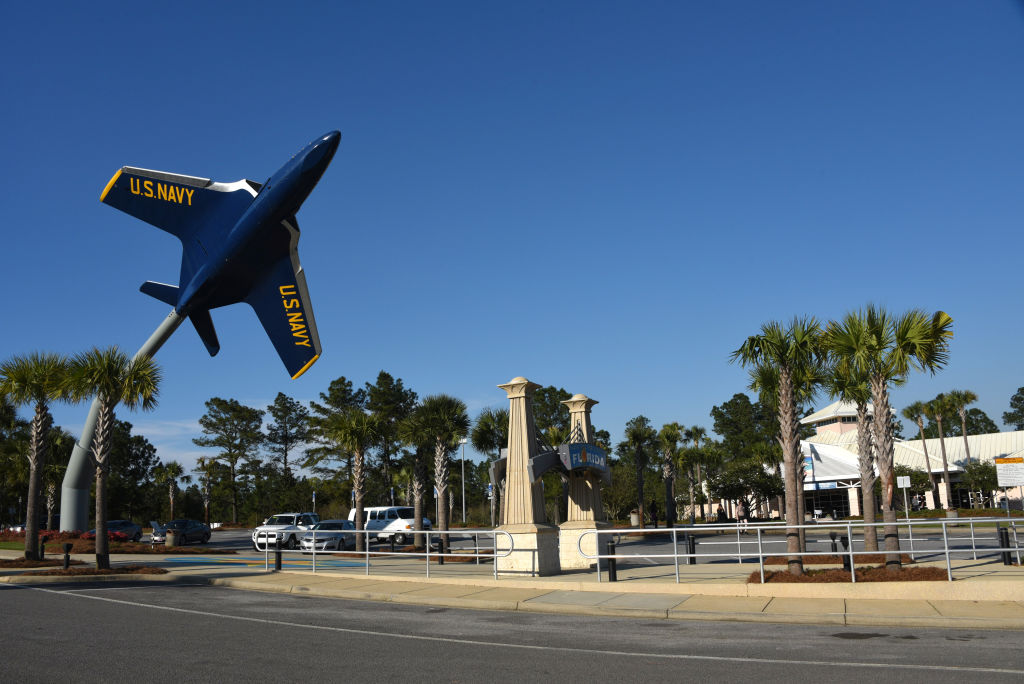An email sent by the Florida Department of Law Enforcement to all Florida county commissioners indicated that the ransomware that struck the city of Pensacola on December 7 was the same malware used in an attack against the private security firm Allied Universal, according to a report by the Pensacola News Journal. That malware has been identified elsewhere as Maze, a form of ransomware that has also been distributed via spam email campaigns in Italy.
Bleeping Computer's Lawrence Abrams reported in November that the Maze operators had contacted him after the Allied Universal attack, claiming to have stolen files from the company before encrypting them on the victims' computers. After Allied apparently missed the deadline for payment of the ransom on the files, the ransomware operators published 700 megabytes of files from Allied and demanded 300 Bitcoins (approximately $2.3 million) to decrypt the network. The Maze operators told Abrams that they always steal victims' files to use as further leverage to get them to pay:
It is just a logic. If we disclose it who will believe us? It is not in our interest, it will be silly to disclose as we gain nothing from it. We also delete data because it is not really interesting. We are neither espionage group nor any other type of APT, the data is not interesting for us.Stealing data as proof of compromise—and to therefore encourage payment by ransomware victims—is rare but not new. The RobbinHood ransomware operator that attacked Baltimore City in May also stole files as part of the attack and posted screenshots of some files—faxed documents sent to Baltimore City Hall's fax server—on a Twitter account to encourage city officials to pay. Baltimore did not pay the ransom. Theft of data opens up another problem for targets of ransomware who in the past would pay quietly to decrypt their data, as it introduces the possibility that they will have to report the breach to customers and government regulators. So in some cases, it may ironically remove some of the motivation for victims to pay, since their data may be sold off by the attackers whether they pay or not. The use of the data to blackmail the victim, and in Allied's case, the threat to use Allied's certificates and domain name to spam customers with additional ransomware attacks, is something new."This is fhe first time this has ever happened, as far as we know," said Brett Callow, a spokesperson for the antivirus software vendor Emisoft." Ransomware groups usually encrypt, not steal. We expect data exfiltration to become more and more commonplace. Whether Pensacola’s data was exfiltrated, I obviously can’t say."


